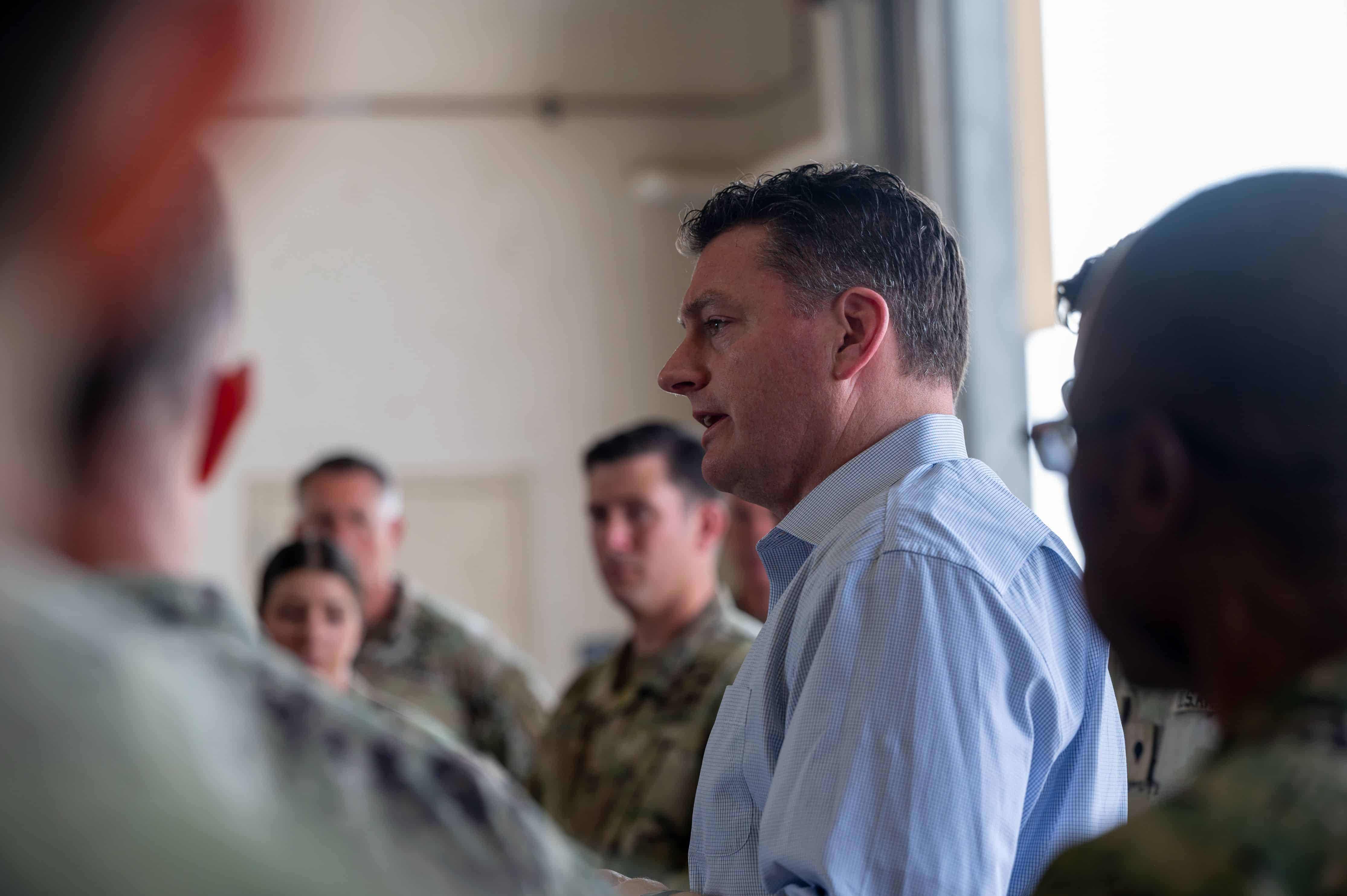Chris Maier, a senior defense official, advocated for broader Department of Defense (DOD) engagement in irregular warfare, traditionally led by special operations forces. He highlighted the need for a shift away from a narrow focus on major military operations to addressing “gray zone” conflicts and information operations. The current approach, with special operations units holding most information roles and facing recruitment challenges, necessitates reevaluation, especially as U.S. adversaries increasingly engage in these types of warfare.
Key Points:
- The traditional role of U.S. Special Operations Command (SOCOM) as the lead for irregular warfare is being questioned, with calls for other DOD components to be more involved.
- Irregular warfare is characterized by activities that fall below the threshold of large-scale armed conflict, known as “gray zone” engagements, which have been on the rise.
- The DOD’s main focus has been on large-scale operations, but there is a push for the department to also prioritize smaller, asymmetric tactics that have been neglected.
- Information operations present a challenge for the U.S. military, which is perceived as lagging behind adversaries like China, Russia, and Iran in the information space due to cautious policy decisions.
- Recruitment issues, particularly within the Army’s special operations units, have led to a reassessment of force structure and the reduction of unfilled positions, especially in psychological operations (psyops).






